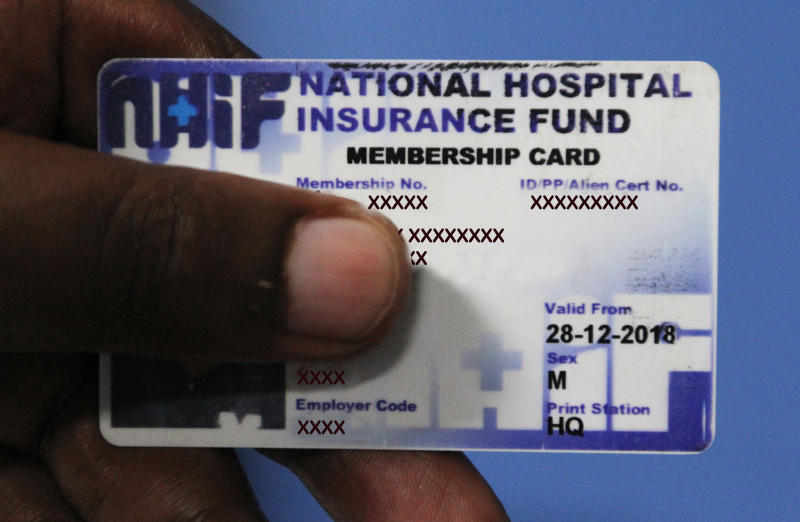×
The Standard e-Paper
Join Thousands Daily

Last week, nominated Health Cabinet Secretary Mutahi Kagwe stood before the vetting committee in parliament, looking idea-and-combat ready.
“Those earning more ought to pay more towards (NHIF) insurance,” he told the panel, before adding niceties about health schemes such as the Universal Health Care (UHC) that is part of the Big Four Agenda meant to define the legacy of President Uhuru Kenyatta.